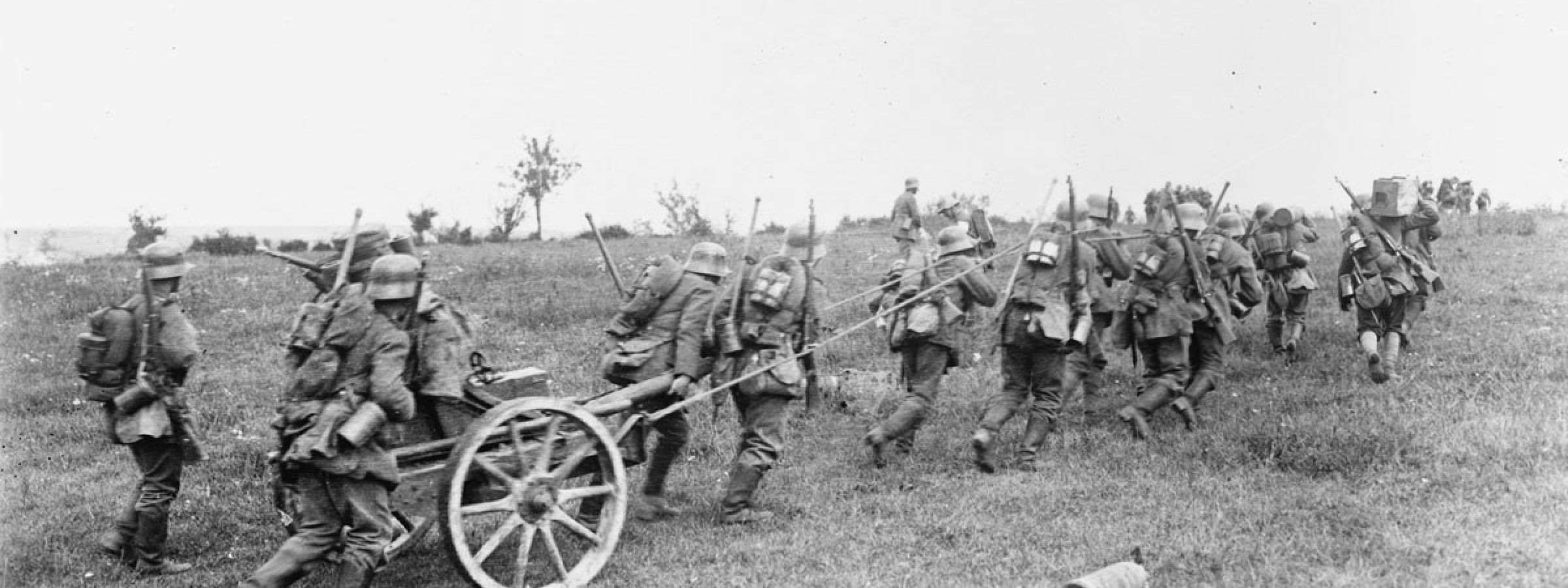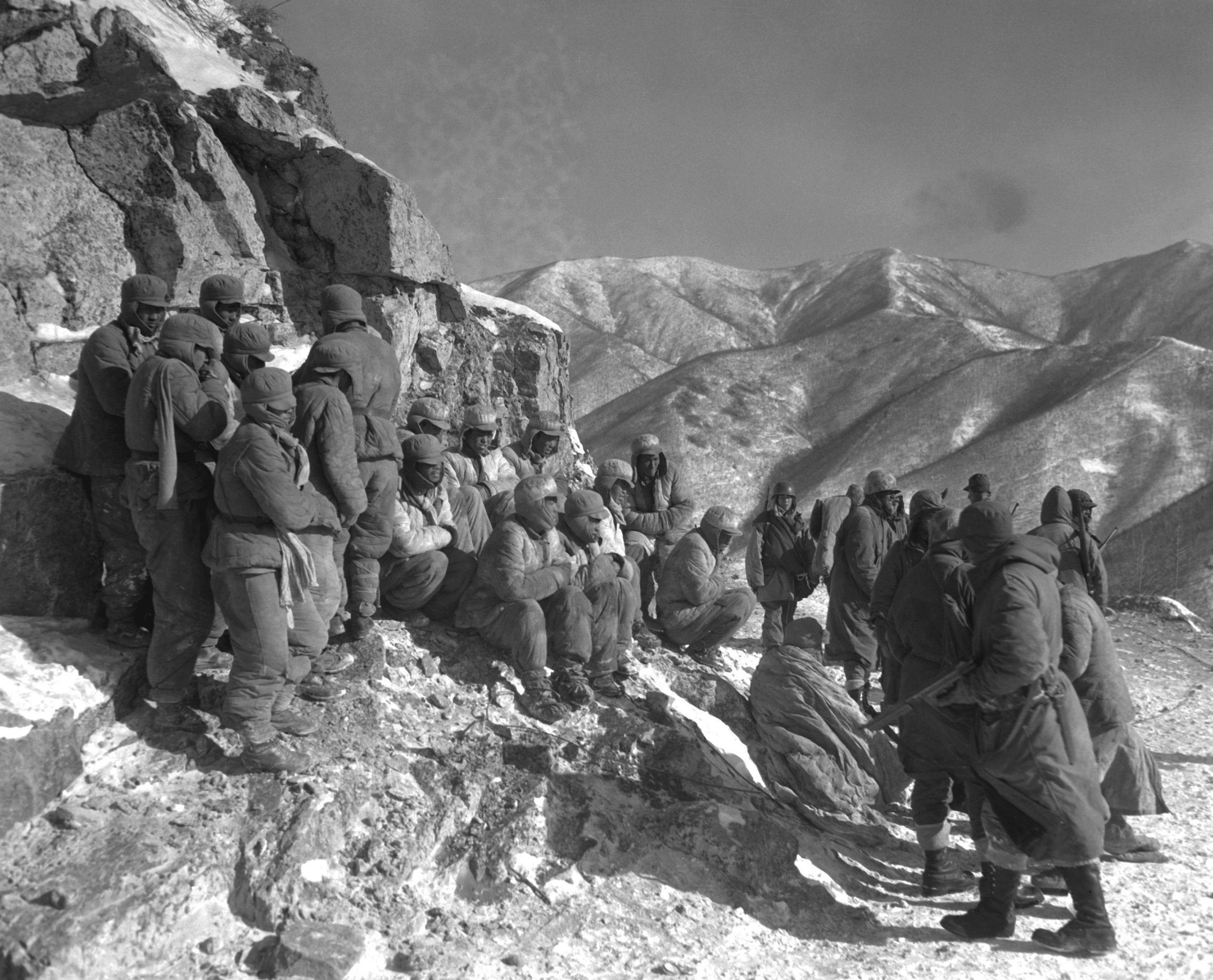In the headlong rush to move past Iraq and Afghanistan, the Army's preparation for near-peer conflict means failing to institutionalize the strategic lessons learned. By ignoring the last 20 years of fighting, the Army is failing to prepare appropriately for the more ambiguous battlefields of today. The Army has failed to fully develop a strategic understanding of counterinsurgency wars in its rush to fight the conventional war, instead focusing on tactical improvements.
Historical Guideposts: Illuminating the Future of Warfare
A nation’s political and military leaders must objectively seek out and use history's lessons as guideposts, capturing and applying lessons learned from the most repeated, catastrophic missteps of others to remain adaptable to future warfare's most probable scenarios. History matters more in avoiding past catastrophes than predicting specific events years into the future.
The Three Types of Organizational Learning
Organizational learning is an important component of military success. The German military adapted its small unit tactics to trench warfare, but its failure to thoroughly ask if attacking was the best way to destroy the Entente’s armies or if that should be their goal at all combined with other factors to lead them to failure. Militaries that follow the German example and focus on method optimization while neglecting method selection and goal selection will be able to adapt and succeed at the tactical level, but will often be unable to translate that into broader successes.
Failure to Communicate: U.S. Intelligence Structure and the Korean War
Intelligence at all levels is an art form. Sources, corroborating or contradicting information, unknowns, and delays in time all result in varied levels of analytical confidence. Information coming from different means, methods, and areas requires a functioning structure to ensure senior national leaders have the best information to make the decisions. While strategic intelligence drives operations and national goals, military decision-makers—especially in combat zones—rely on tactical intelligence to help win battles. For the Department of the Navy, “tactical intelligence support is the primary focus of naval intelligence.”[1] Marine Corps intelligence also focuses almost exclusively on the tactical level to support Marine Expeditionary Force (MEF) maneuvers since tactical intelligence is, “the level of intelligence Marines need, generate, and use most often.” When strategic missteps occur, tactical intelligence can provide a needed capability to keep front-line forces winning, creating breathing room for new strategic plans. A functioning intelligence structure encompassing all levels of intelligence is needed to enact this goal.
#Reviewing Lifting the Fog of Peace
When discussing the struggles of the U.S. military in the early years of the Iraq War, Davidson uses the phrase “adapting without winning,” a formulation that surely continues to accurately describe the American experience of the post-9/11 wars. Despite the optimistic characterizations on the dust jacket that frame this book as a manual for how to succeed at counterinsurgency, though, Lifting the Fog of Peace sounds a note of caution about the gap between tactical adaptation and strategic success, even as it lauds the U.S. military for the evolution of its lesson-learning apparatus.
Learning Experiences in #Leadership: Ten Lessons from the Circle of Trust
For us, it was what we like to call a “learning experience” in the military. It was an opportunity to expand our leadership “skill set,” to learn from a mistake, and even better that we could learn from someone else’s mistake rather than one of our own making. Over the course of that assignment, there were a lot more similar experiences. Some seemed relatively obvious while others more subtle. Some were generally painless and some clearly “left a mark.” But all of them proved essential as we moved on to other assignments; we were far better leaders as a result.
Learning for the Next War: Providing Enduring Value to the Force
Following the publication of the recent article “COIN Doctrine Under Fire,” I was lucky enough to ‘listen in’ on an enlightening conversation on one of the dozen listservs I frequent. While debating the merits of counterinsurgency, the list began discussing the value of capturing the pertinent lessons from a war…during and immediately following the conflict. On the discussion were of the authors of both the Army’s pre-eminent volume on Desert Storm and the first solid look at Iraqi Freedom.








